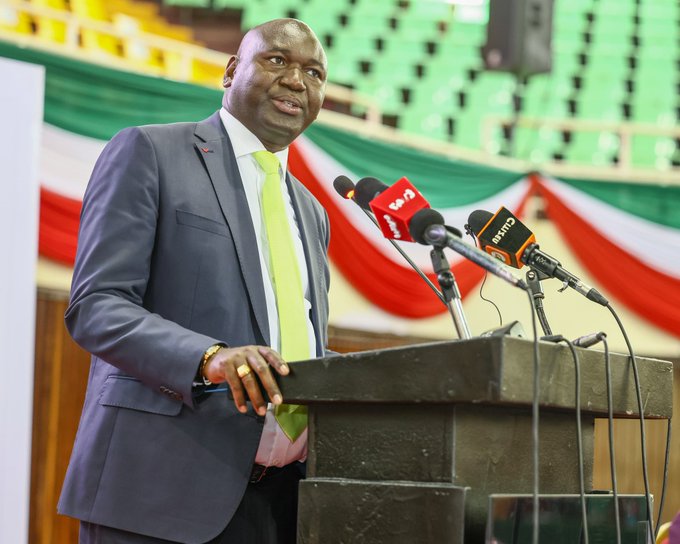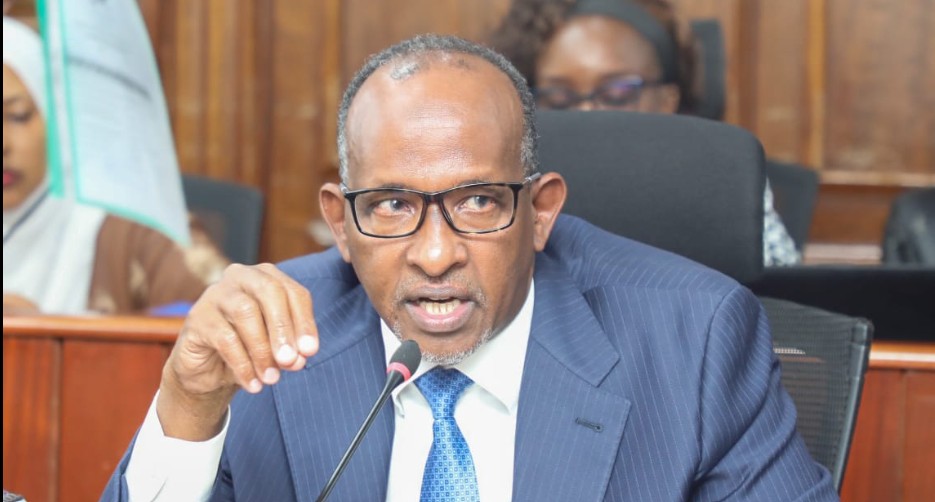Bill seeks Sh5 million fine for organisations with no whistleblower safety units

It provides incentives to encourage more people to come forward with information on corruption, fraud, and other criminal activities.
Organisations might face fines of up to Sh5 million for failing to establish safety units for whistleblowers as proposed under the Whistleblower Protection Bill, 2023.
The Bill, introduced by Kitui Woman Representative Irene Muthoni Kasalu, seeks to safeguard informers against victimisation while encouraging the disclosure of improper conduct in both public and private sectors.
More To Read
- Accountants raise concerns after whistleblower loses job at SHA
- Court directs DCI to investigate lawyer Ndegwa Njiru, clients for alleged witness coaching
- No law against church donations, EACC says as it rejects public calls for oversight
- Whistleblowers to get stronger protection, rewards under new bill
- Stakeholders warn Sh20 million fines in cybercrime Bill threaten freedom of expression online
- EACC boss Abdi Mohamud defends Sh120 million confidential expenditure
It also provides incentives to encourage more people to come forward with information on corruption, fraud, and other criminal activities.
To support whistleblowers, the Bill proposes the establishment of a reward fund, financed by Parliament, among other sources, to compensate individuals whose disclosures lead to arrests, convictions, or asset recovery.
According to the Bill, whistleblowers could receive up to 10 per cent of recovered funds or the value of recovered assets.
“A public entity shall offer a whistleblower a monetary reward where the disclosure leads to the arrest and conviction of an accused person; or recovery of money or a public asset. Where money is recovered, the reward offered shall be not more than ten per cent of the money recovered. Where an asset is recovered, the reward offered shall be not more than ten per cent of the value of the asset recovered,” reads the Bill.
Confidentiality and immunity
Under the proposed law, whistleblowers will be entitled to confidentiality, immunity from civil or criminal liability, and protection against reprisals. This protection would also extend to individuals related to the whistleblower. However, the law would not safeguard disclosures made in the commission of an offence.
The Commission on Administrative Justice (CAJ), commonly known as the Ombudsman, is tasked with administering the law if enacted. The CAJ will form a Whistleblower Review Committee to handle requests for reconsidering decisions to revoke whistleblower protection.
The Bill emphasises that all disclosures must be in writing or transcribed when made orally. Reports can be submitted to various authorities, including the Commission, Parliament, Judiciary, Ethics and Anti-Corruption Commission, police, or even an employer.
Failure to report improper conduct within two days, according to the Bill, would constitute an offence. Additionally, organisations that neglect to implement whistleblower policies risk penalties.
“A person who knowingly gives false or misleading information in connection with a disclosure of improper conduct commits an offence and is liable, on conviction, to imprisonment for a term not exceeding fourteen years or a fine not exceeding ten million shillings or to both,” reads the Bill.
The Bill also highlights strict confidentiality for submitted reports, requiring authorities to keep them secure during investigations. Employers are prohibited from demoting, suspending, or harassing whistleblowers or withholding payments or contracts due to disclosures.
As Parliament deliberates on the Bill, it marks a critical step toward protecting informers and curbing corruption in Kenya.
Top Stories Today













































